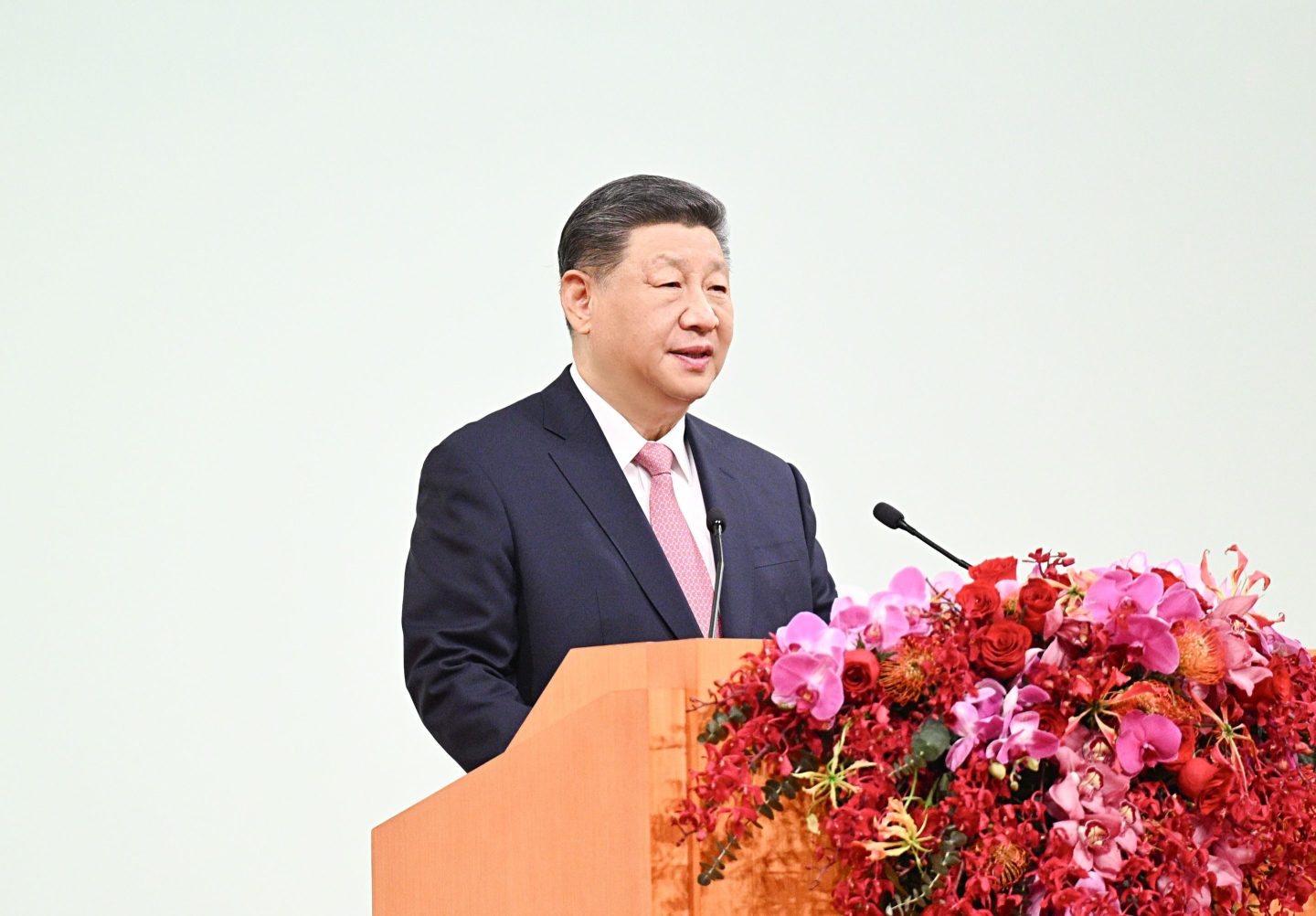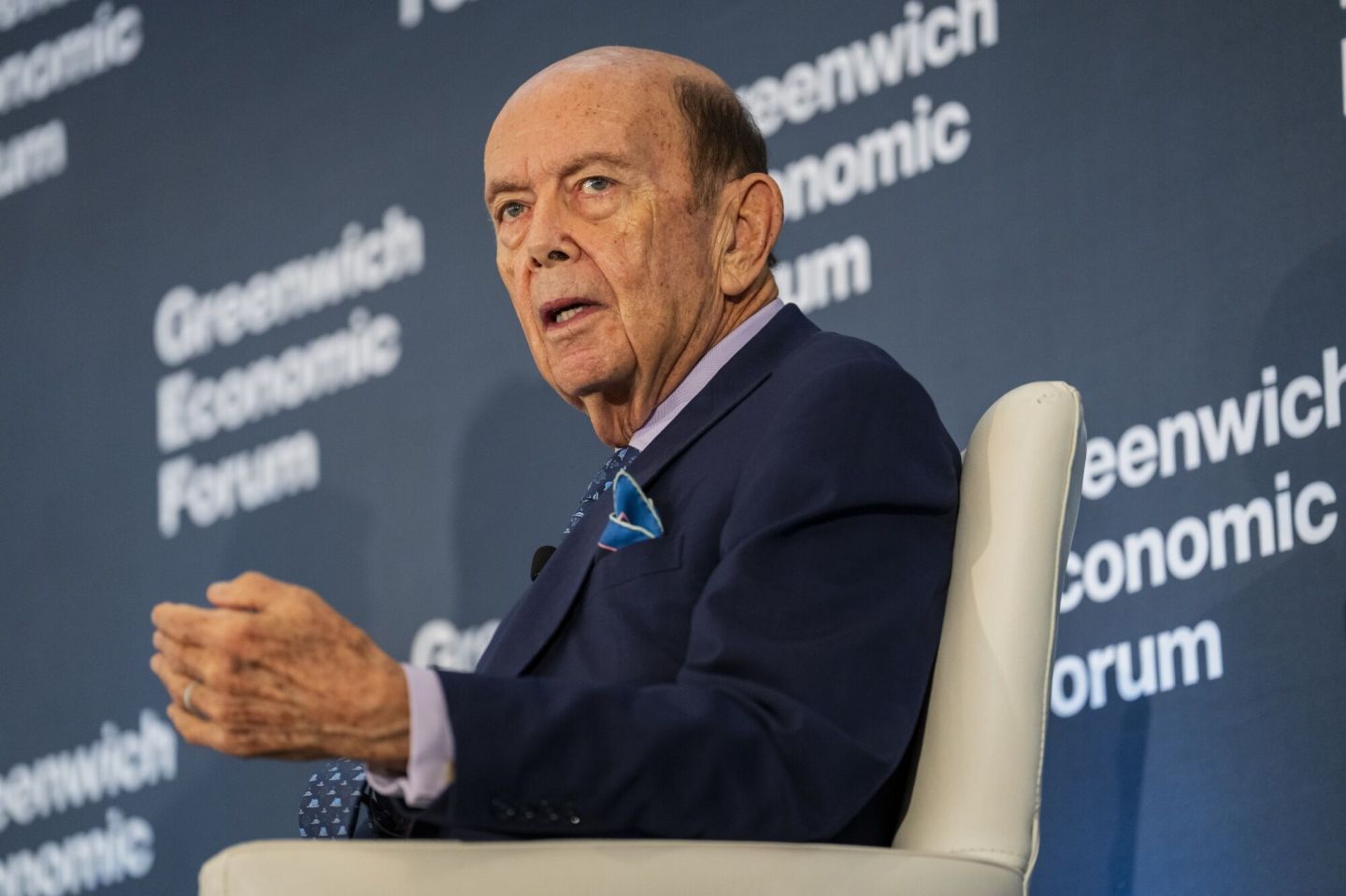- Chinese President Xi Jinping was reportedly dismissive about the threat of deflation hitting the economy. While consumers can benefit from falling prices, persistent deflation can also lead to a downward spiral for spending and investment.
The threat of deflation doesn’t seem to worry Chinese President Xi Jinping that much, even as the world’s second-biggest economy continues to struggle with weak growth.
However, it was enough of a concern among Communist Party advisers that they prepared a report earlier this year warning China could slip into a deflationary spiral without more aggressive moves to stoke growth, sources told the Wall Street Journal. Still, Xi brushed it off.
“What’s so bad about deflation?” he asked his advisers, according to the Journal. “Don’t people like it when things are cheaper?”
After that remark, the topic of deflation essentially became taboo among Beijing’s policymakers, the report added.
The State Council Information Office, which is charged with fielding questions about China’s leaders, didn’t respond to a request for comment and referred the Journal’s questions to other agencies, which didn’t reply to its queries.
While U.S. consumers have been frustrated with years of elevated inflation, the economy has also been robust, unemployment remains low, and the rate of price growth has slowed substantially since hitting a high in 2022.
By contrast, China’s economy is stuck in a relative slump with growth slowing drastically from the double-digit gains that were typical in prior decades amid a real estate crash, weak consumer demand, and high levels of debt.
As a result, consumer prices have been stagnant and teetering on deflation while producer prices have been mired in deflation for months.
To be sure, consumers would benefit from lower-priced goods. But persistent economy-wide deflation can also trigger a vicious cycle of lower spending and investment, leading to even weaker growth and higher unemployment.
Deflation can also raise the effective debt burden on borrowers, adding another drag on consumption and investment.
Beijing has rolled out numerous initiatives to revive growth but has stopped short of a major push to encourage more consumer spending and rebalance the economy away from its dependence on investment and production.
China has instead relied on a decades-old strategy of favoring industrial production over all else, spurring a flood of production domestically and exports abroad. Without more help on the demand side, stimulus efforts could actually exacerbate the deflation problem.
Zongyuan Zoe Liu, a China scholar at the Council on Foreign Relations, warned of industrial overcapacity in Foreign Affairs magazine this summer.
“Simply put, in many crucial economic sectors, China is producing far more output than it, or foreign markets, can sustainably absorb,” she said. “As a result, the Chinese economy runs the risk of getting caught in a doom loop of falling prices, insolvency, factory closures, and, ultimately, job losses.”













